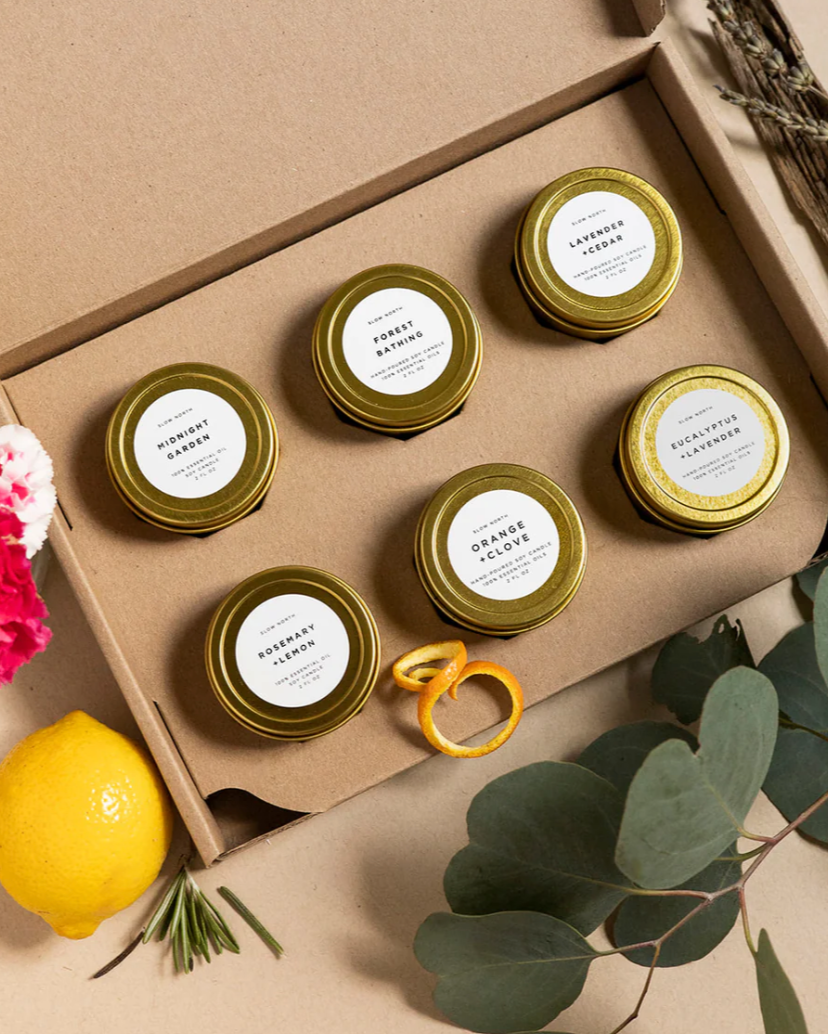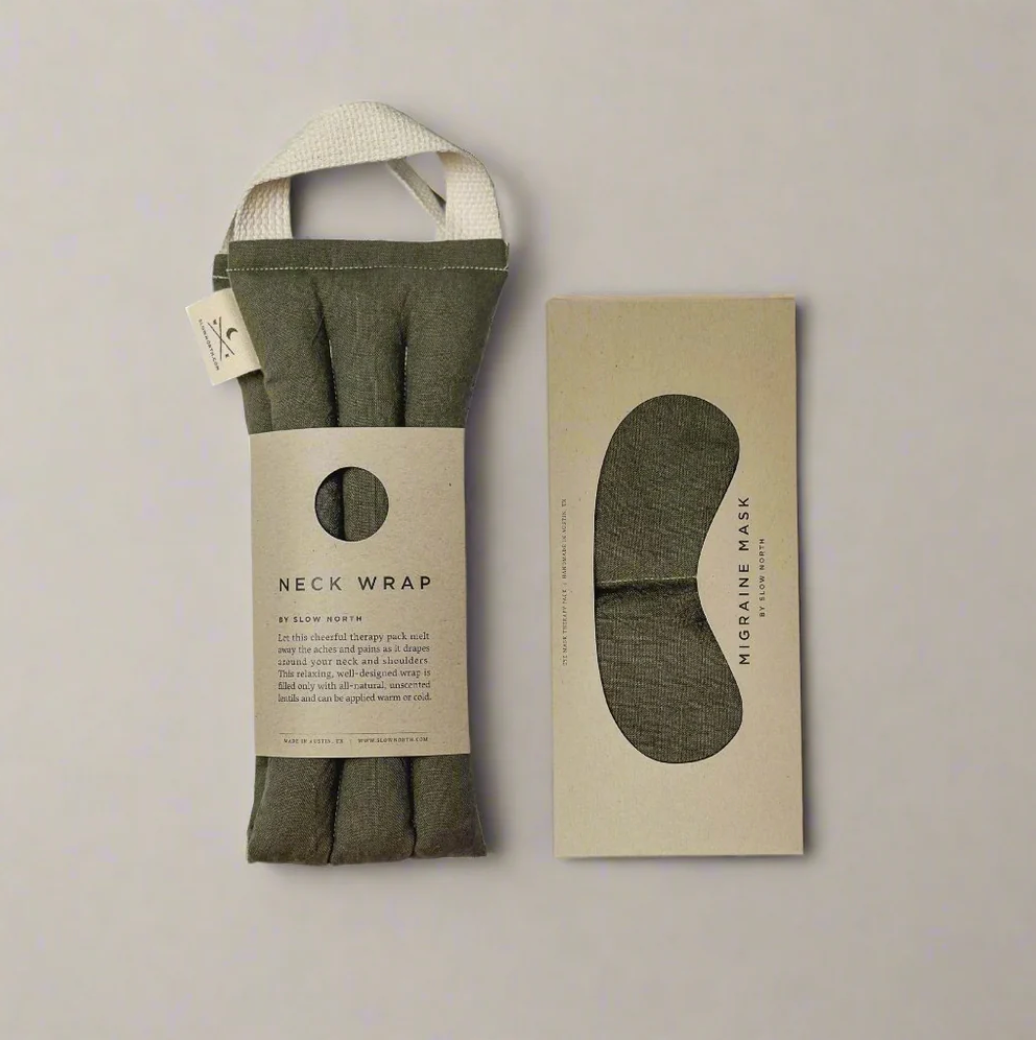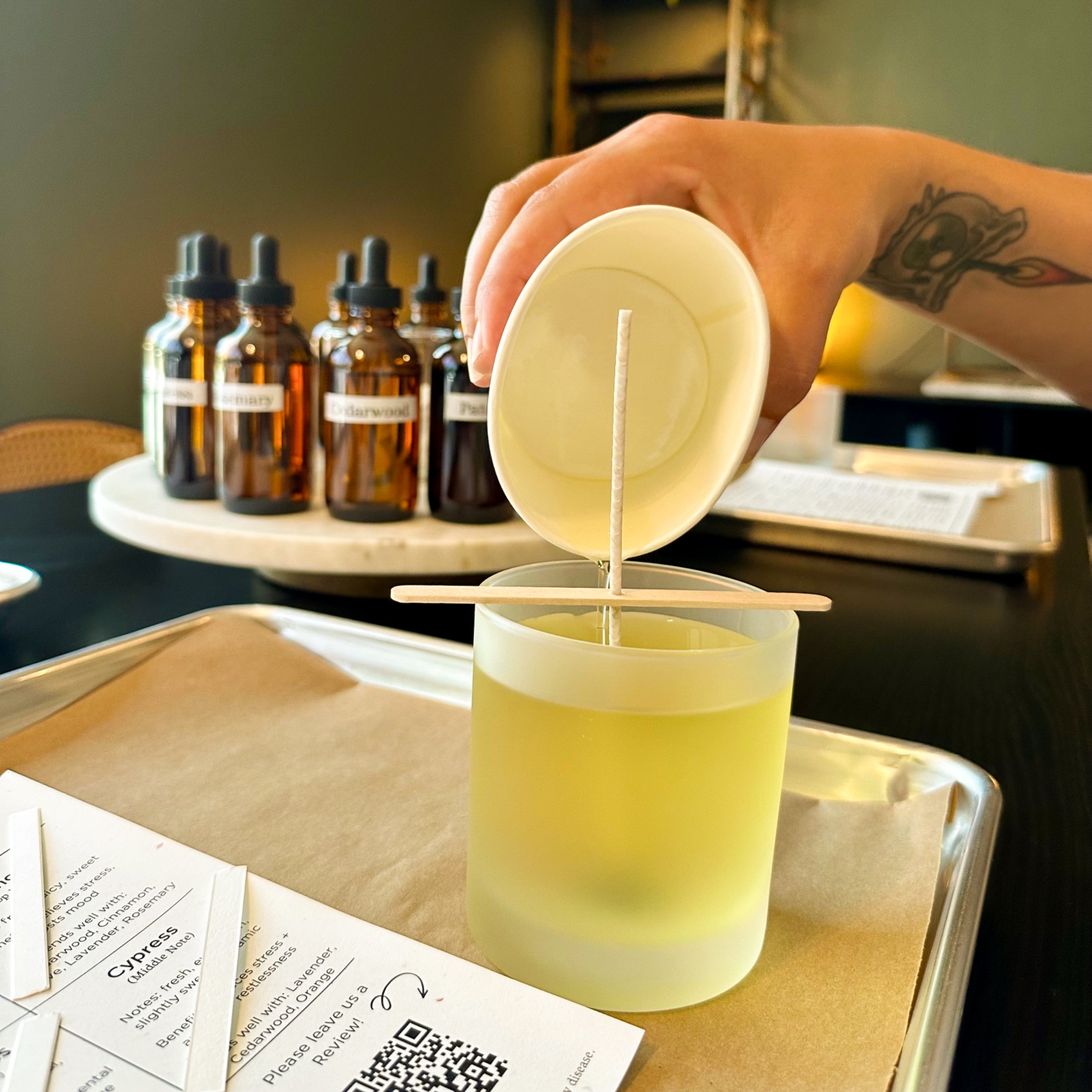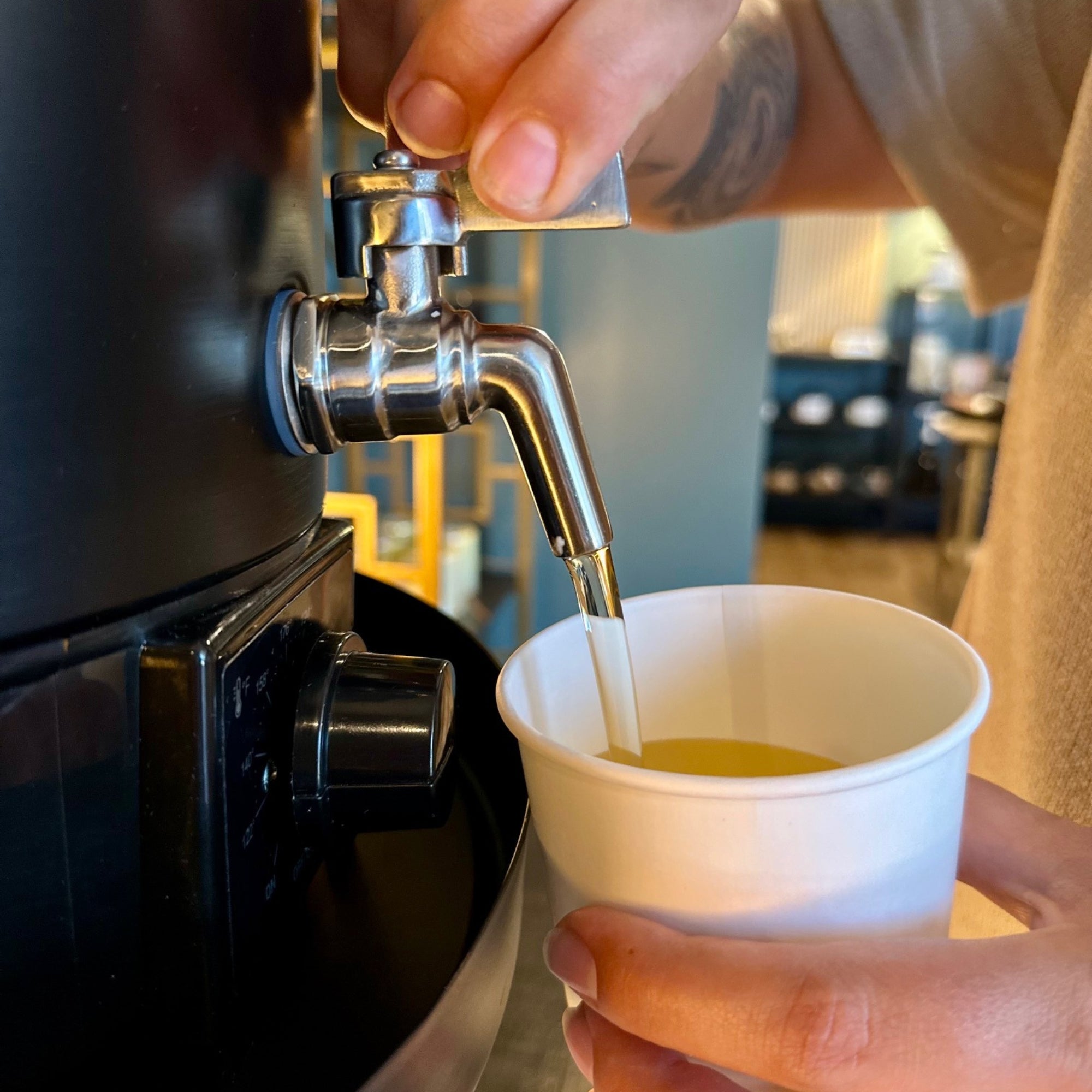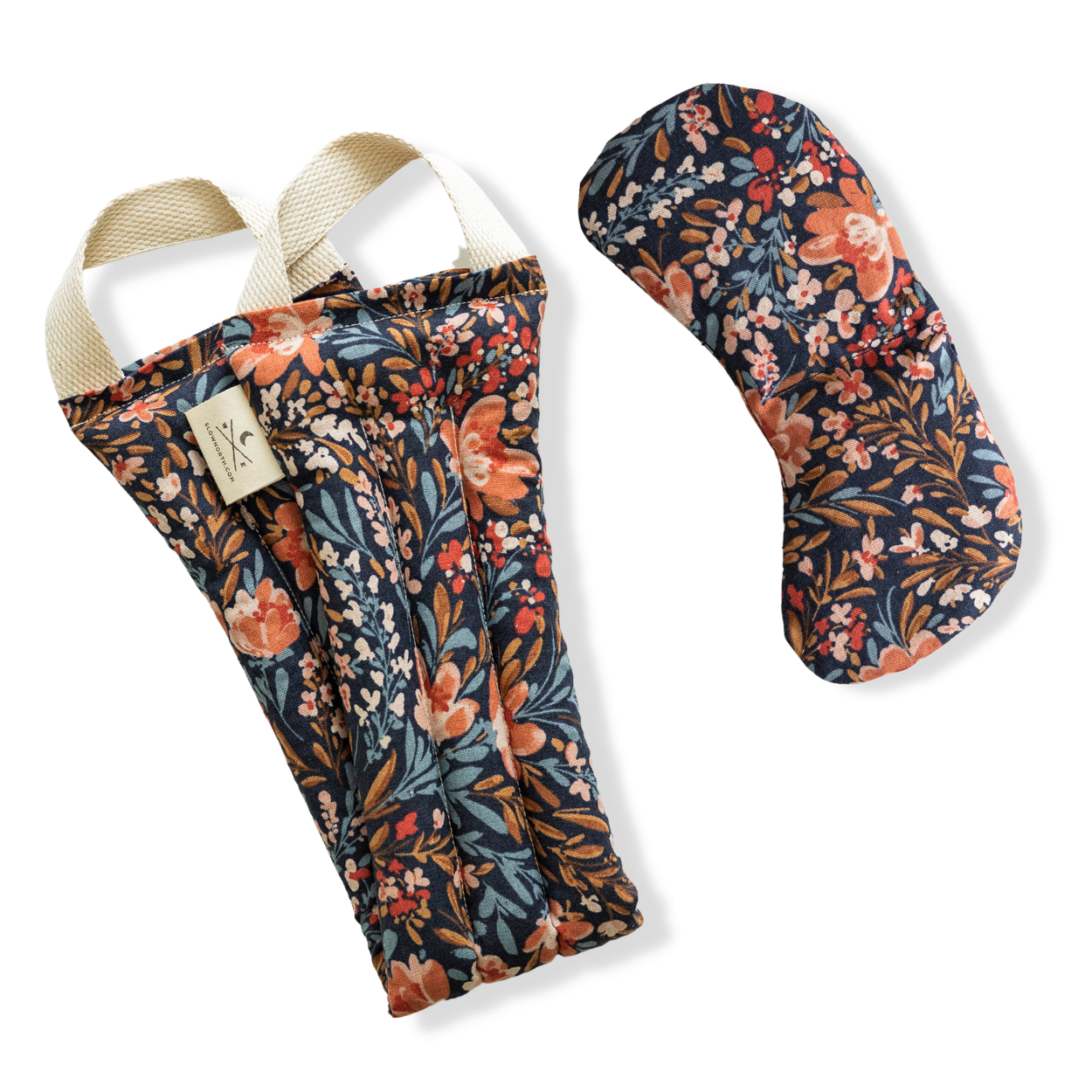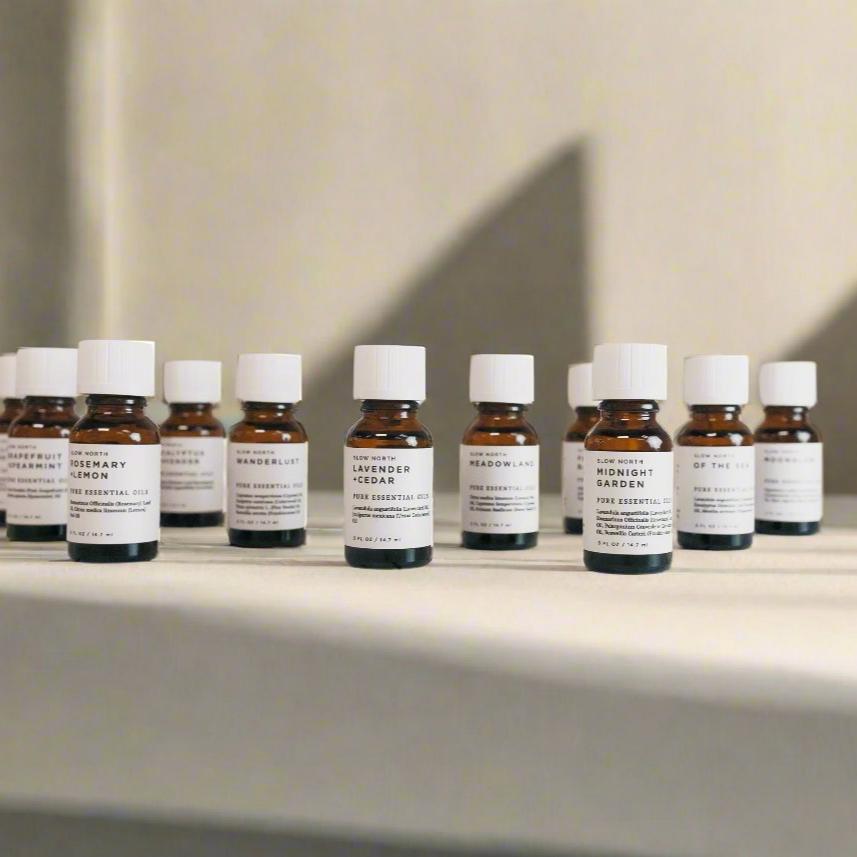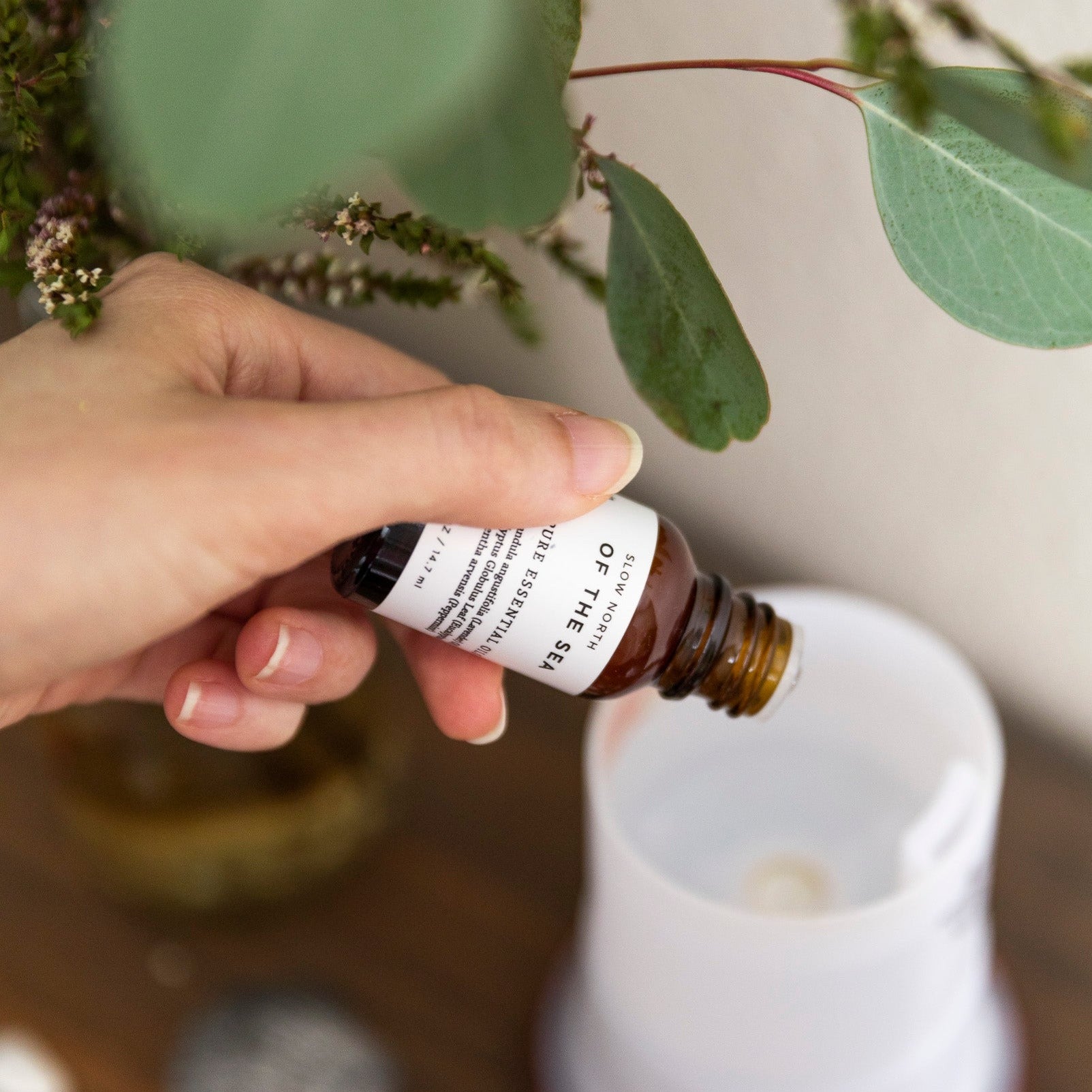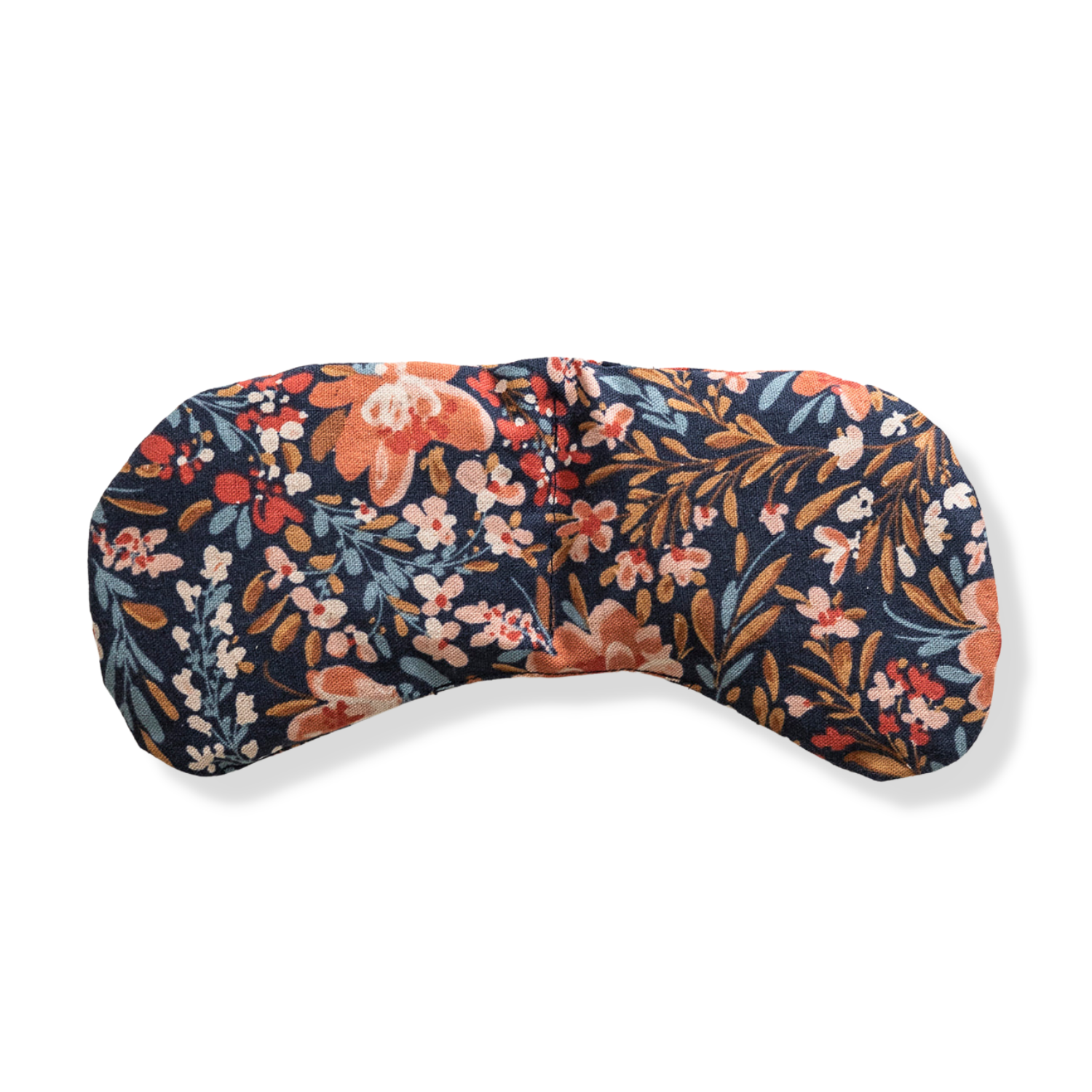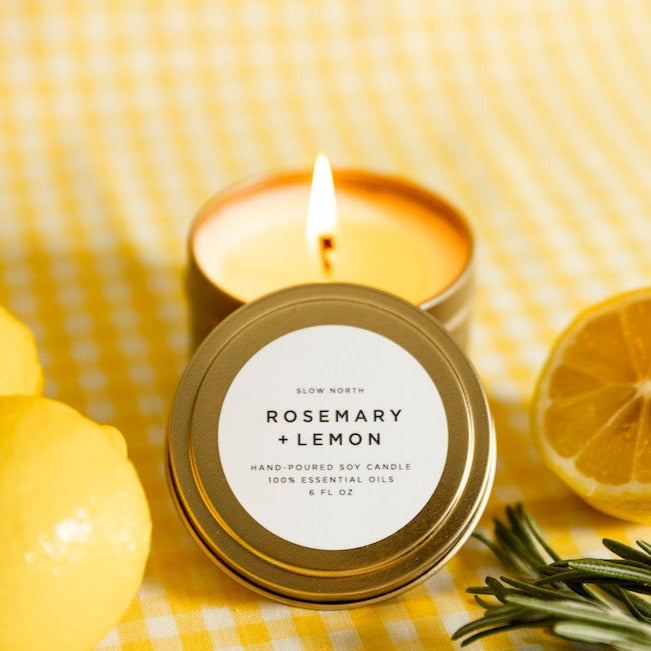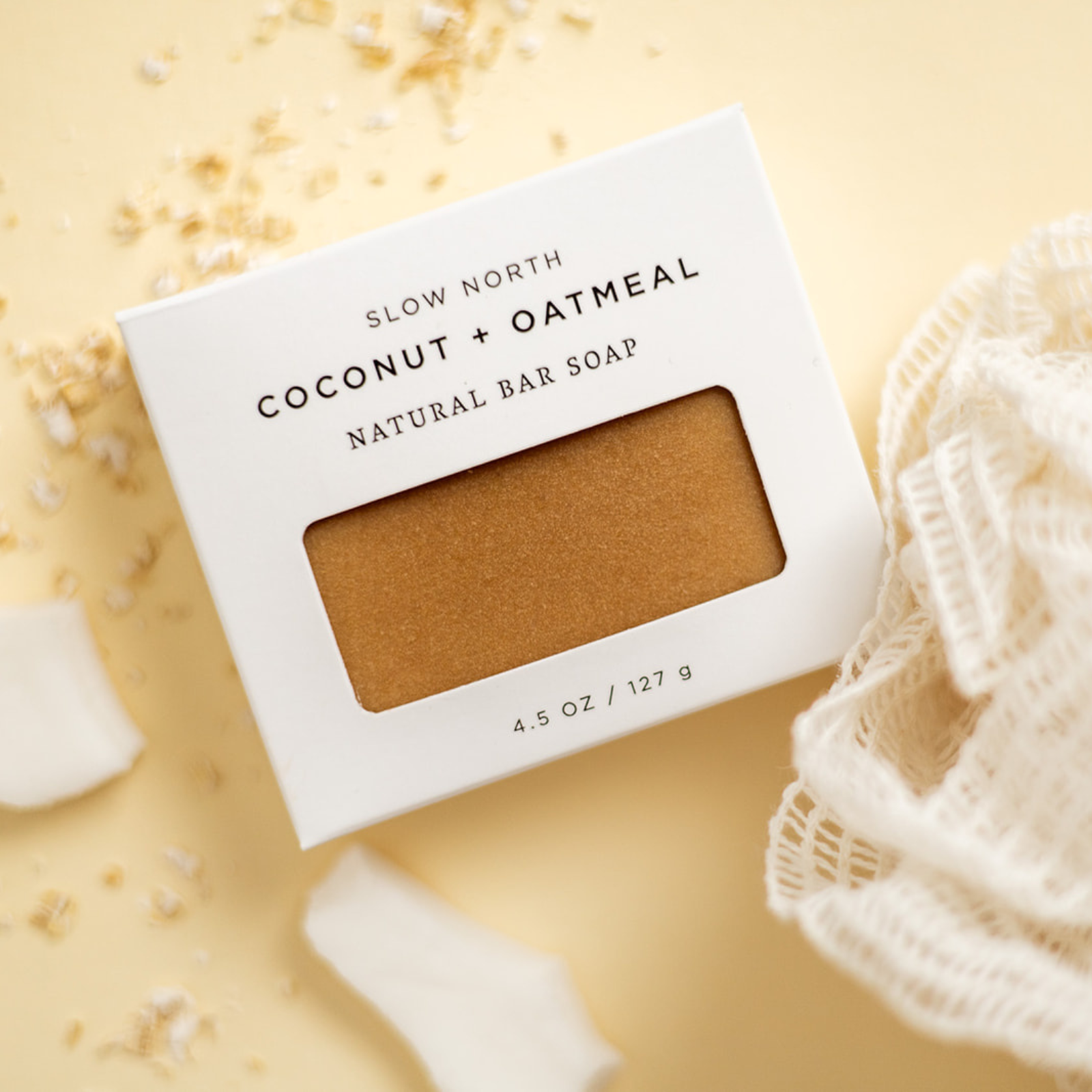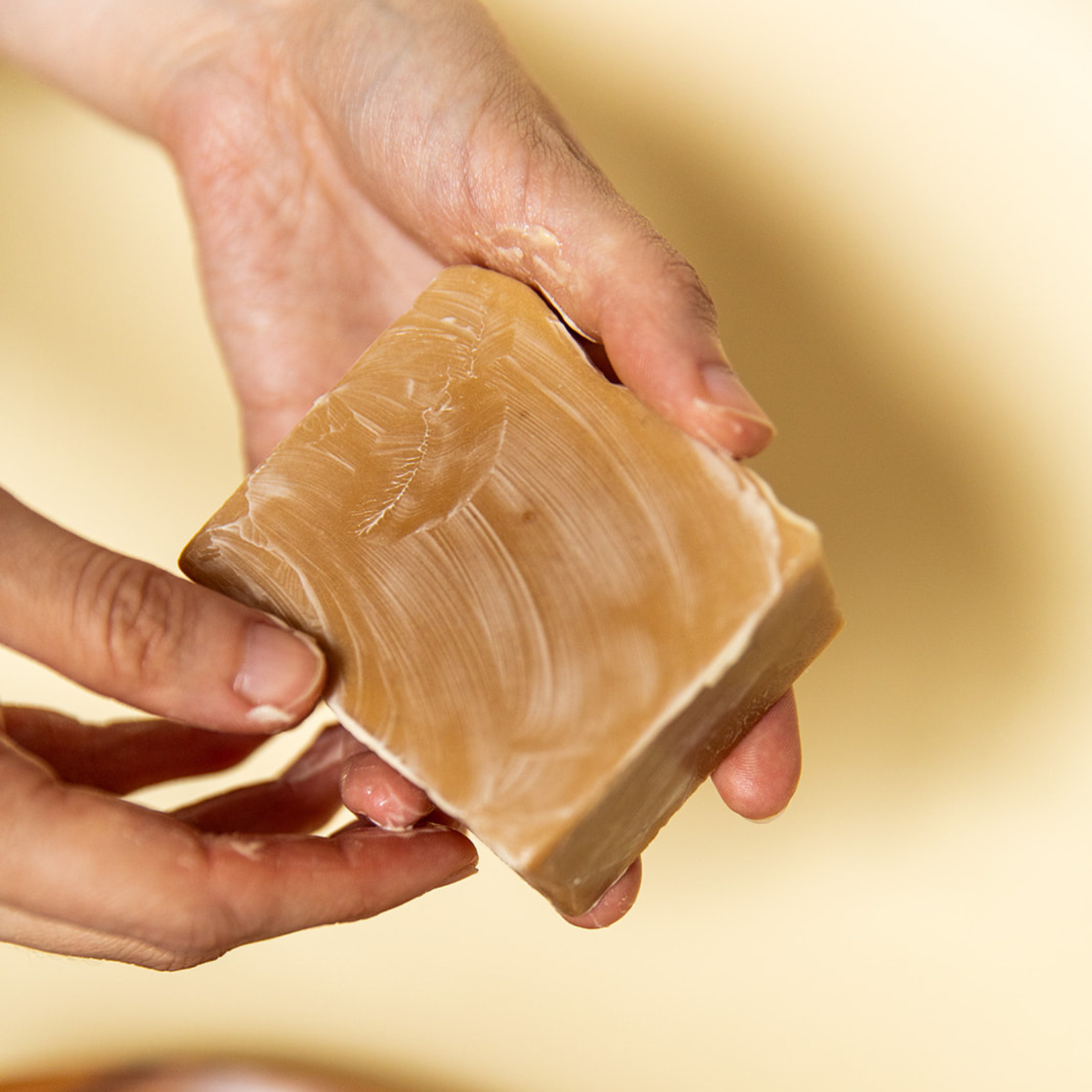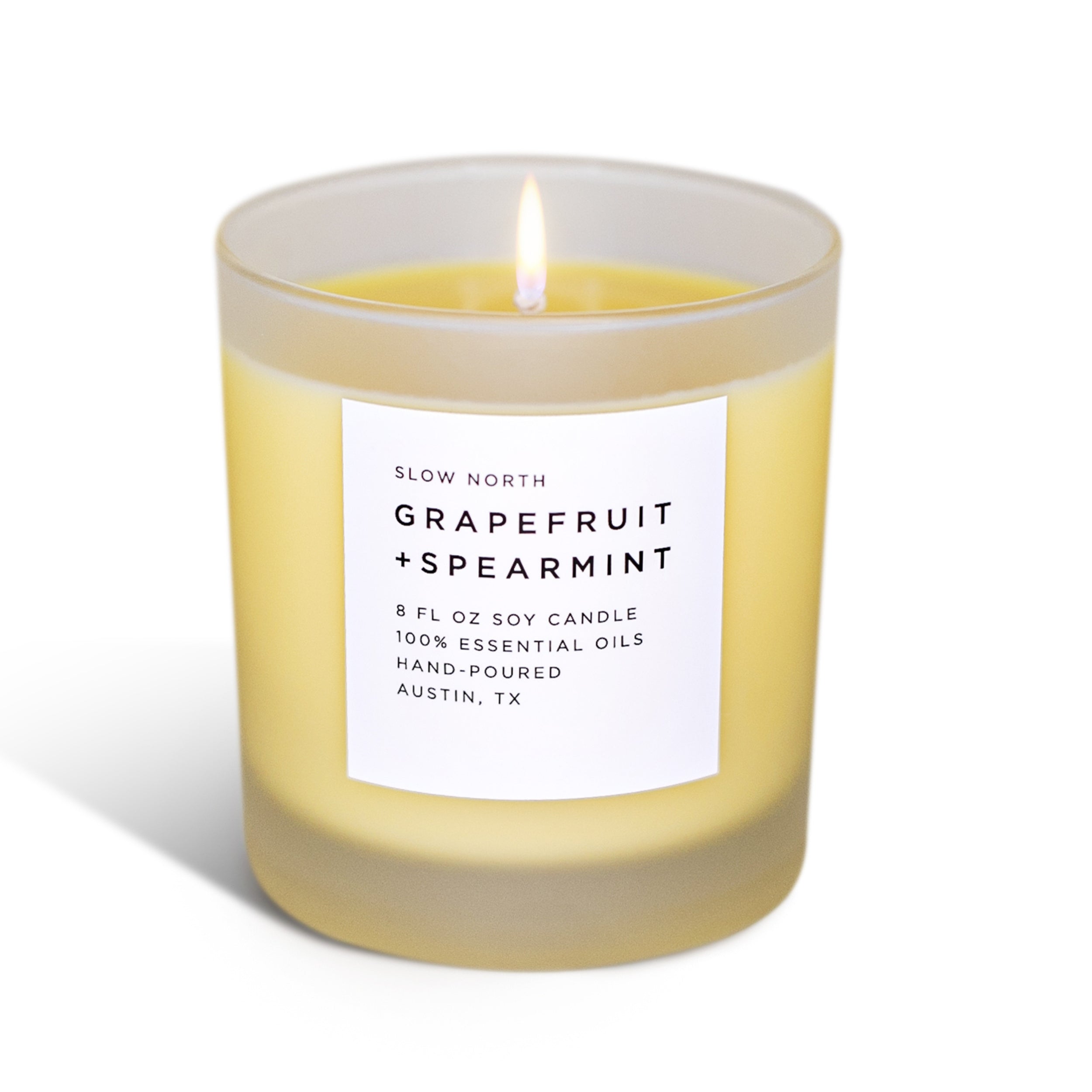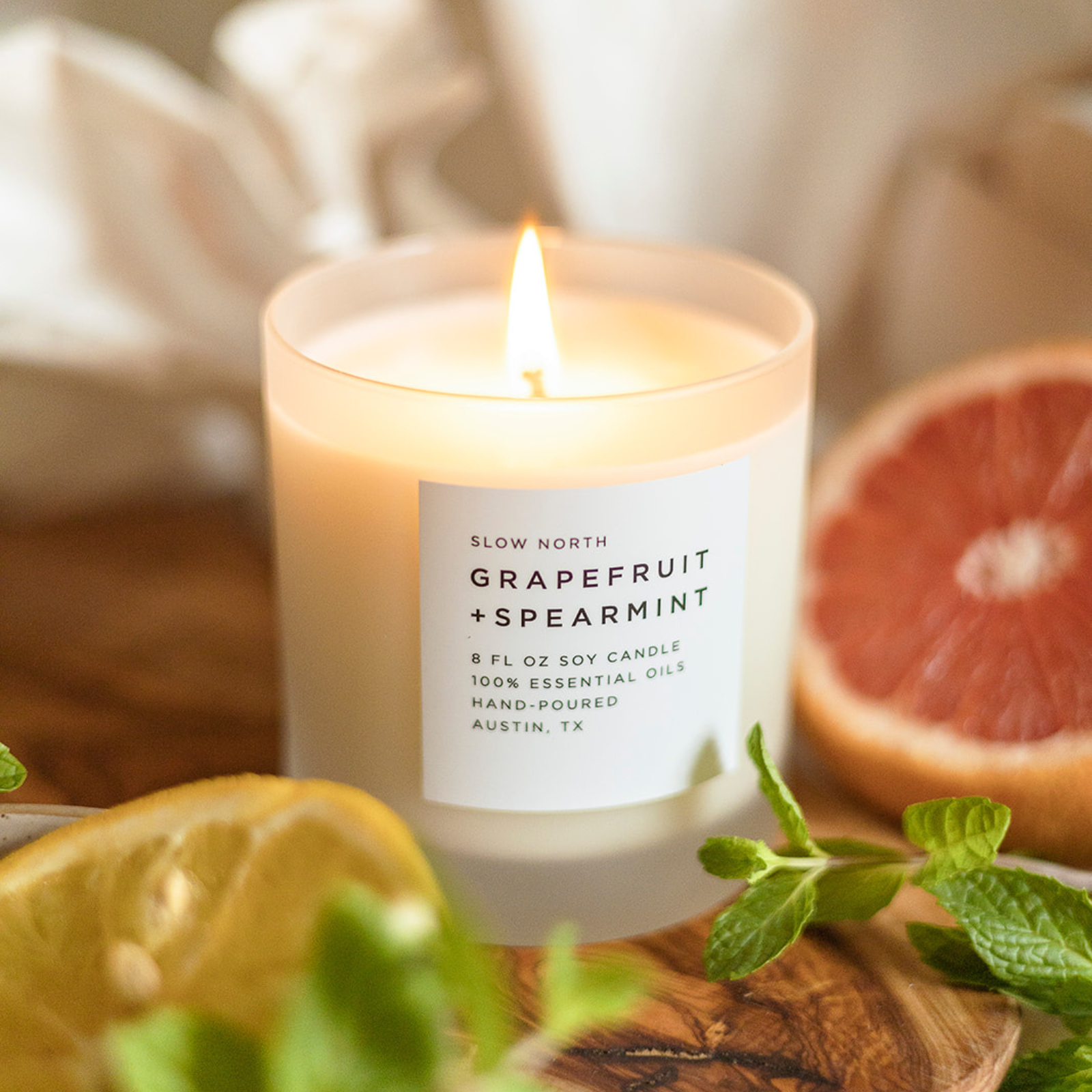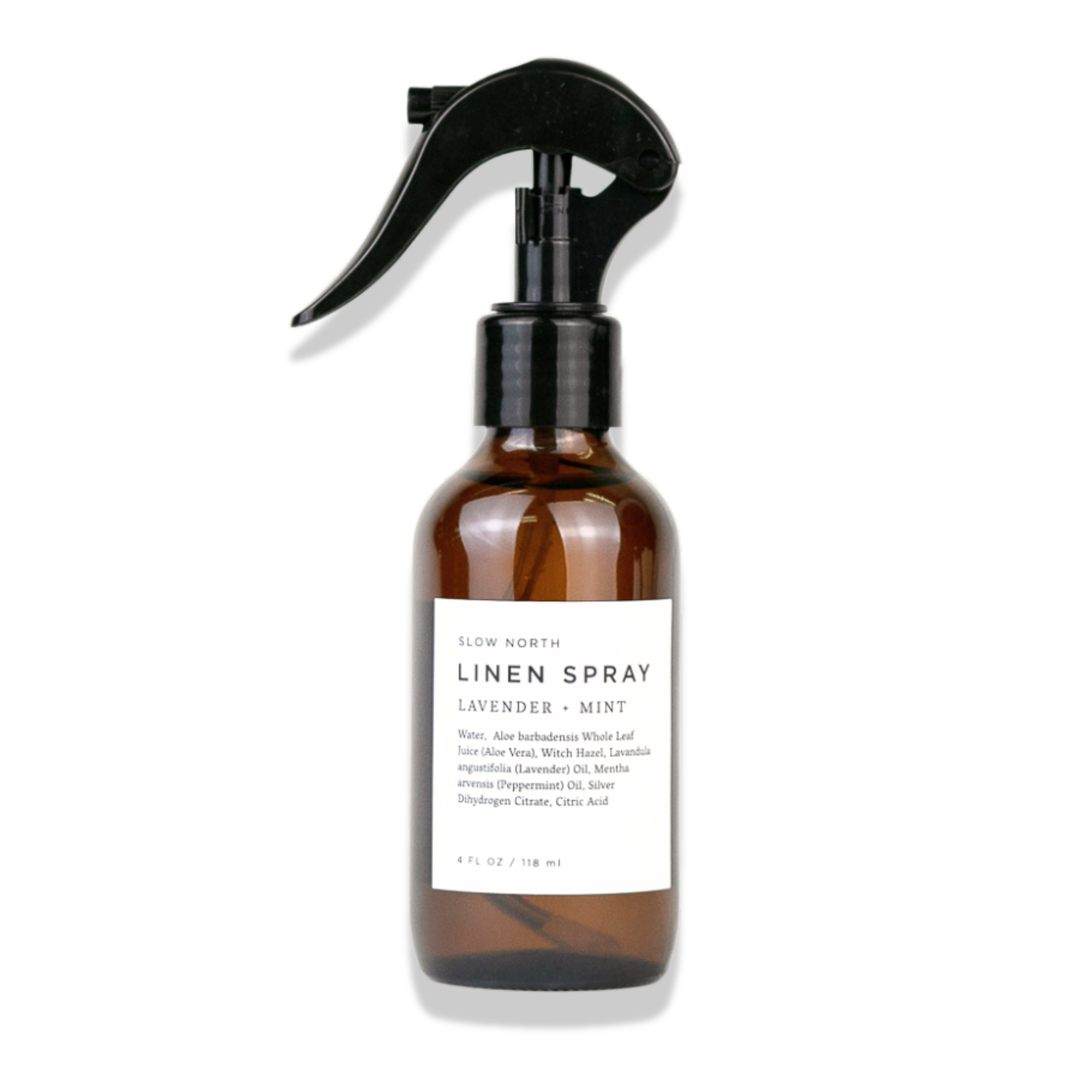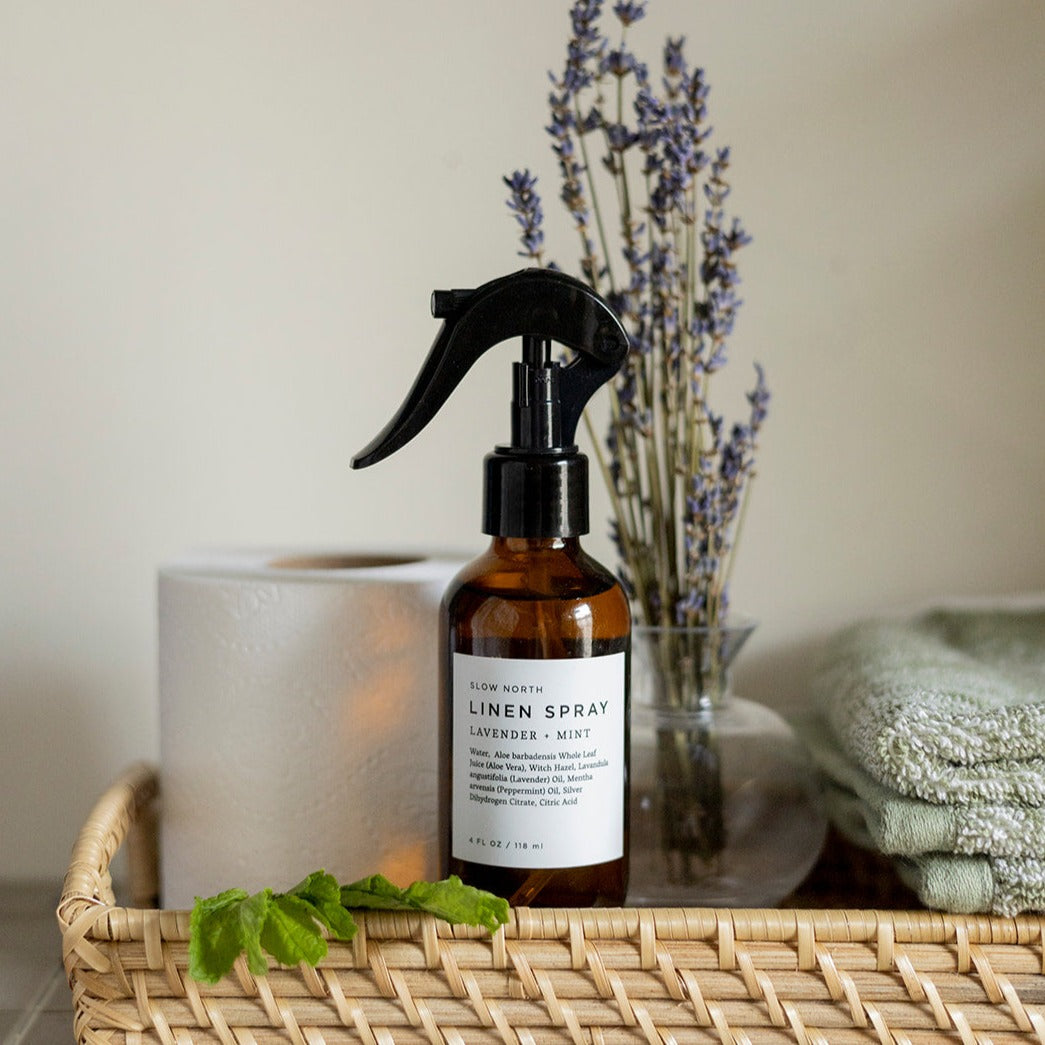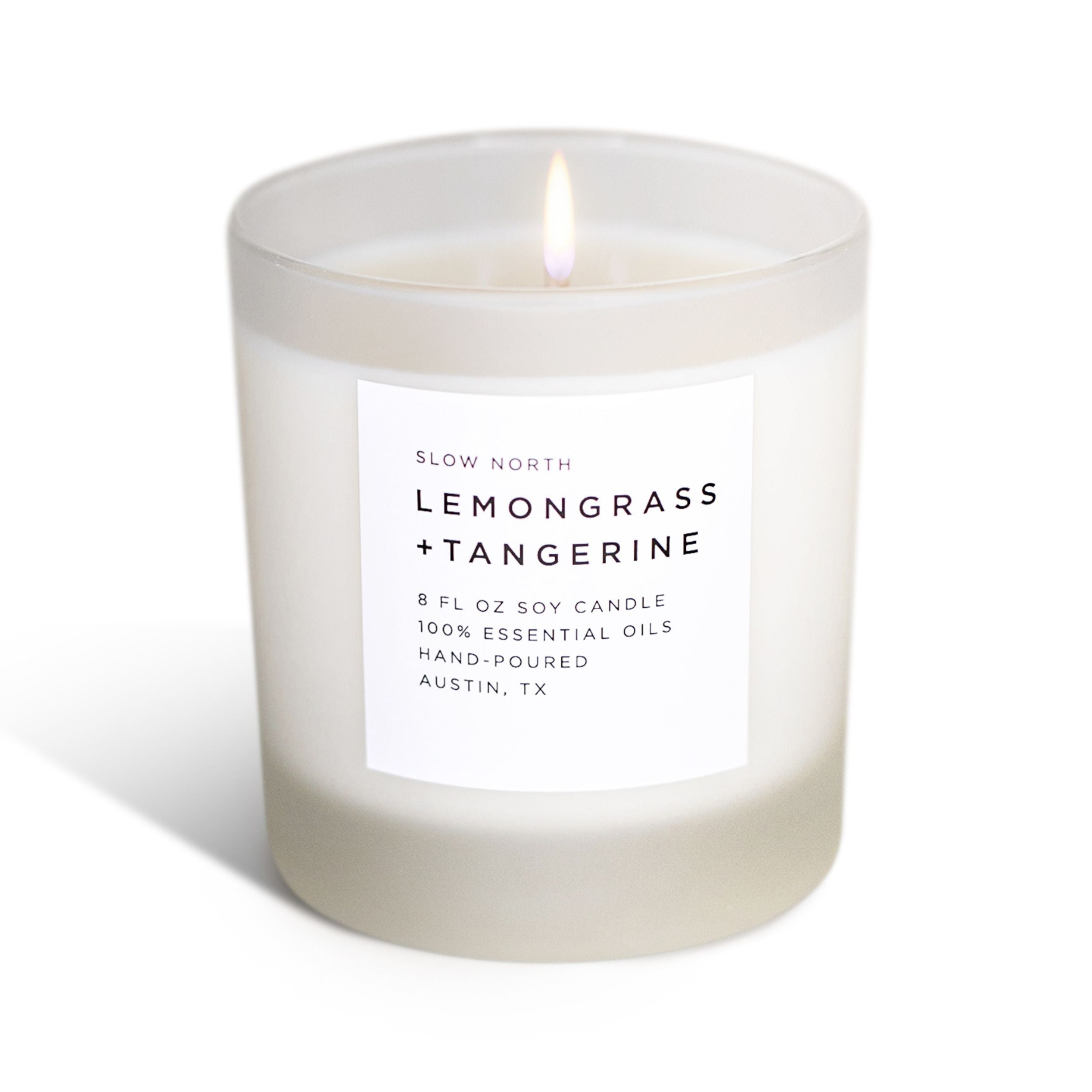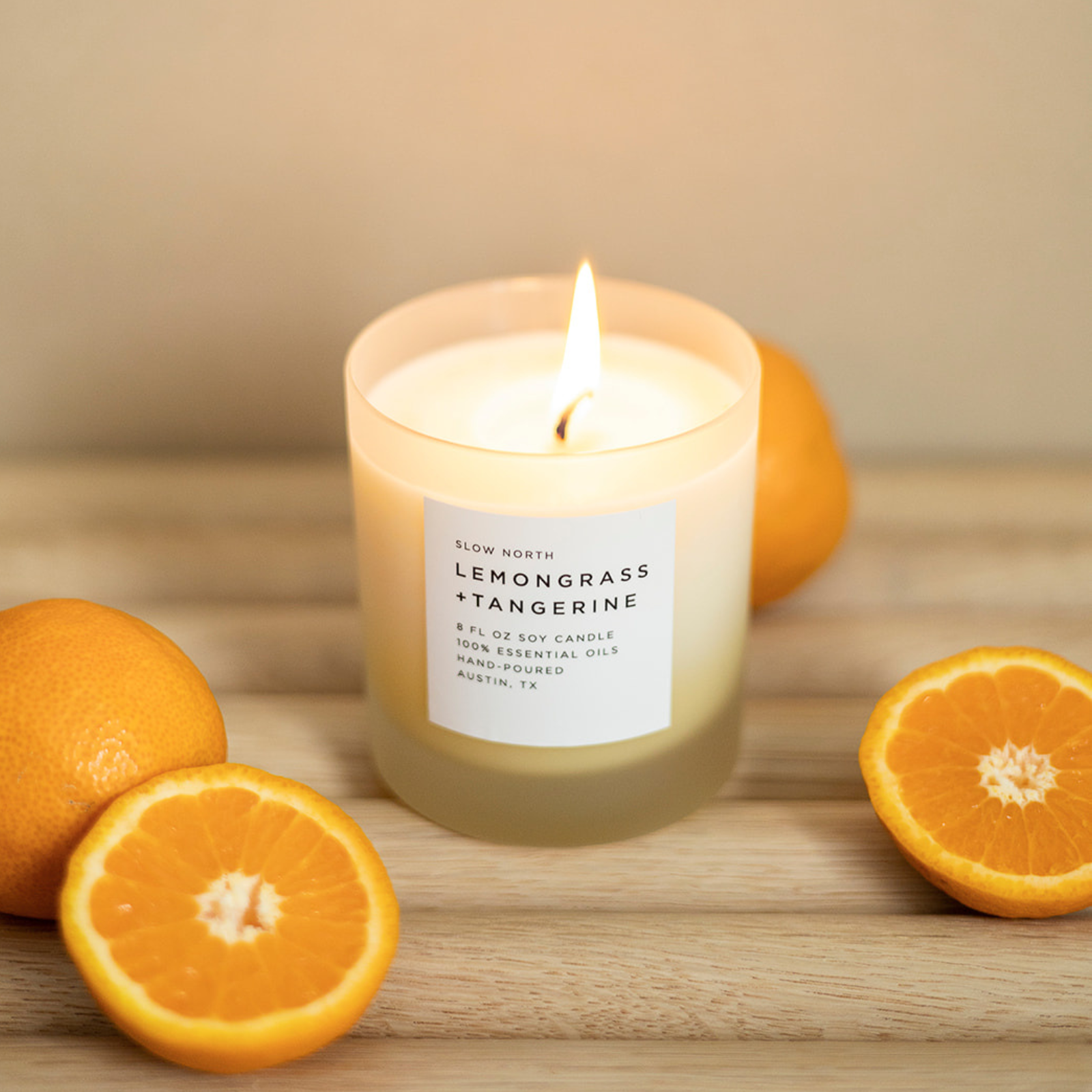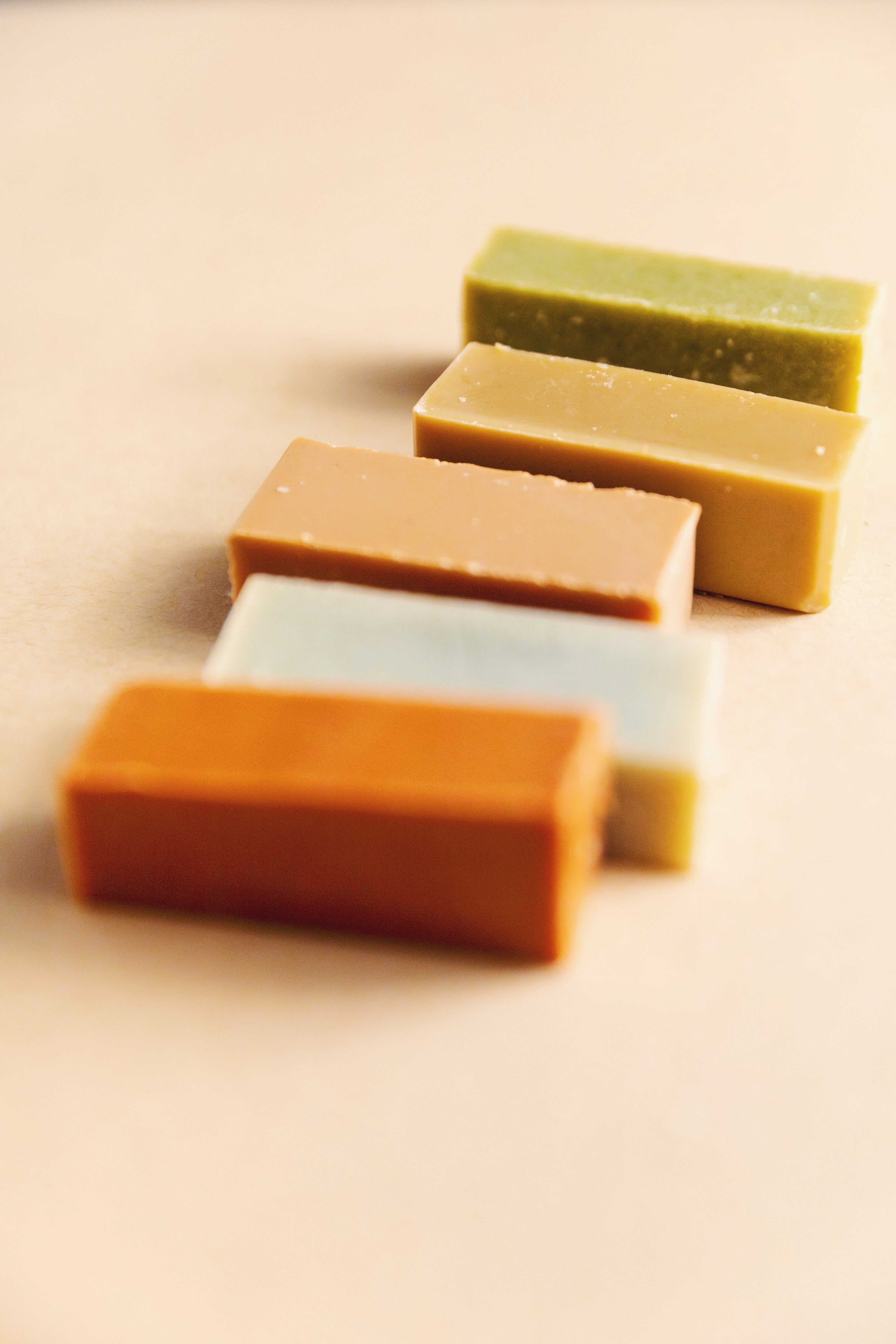
The Power of Safe Bar Soap: Effective Cleaning Without Compromising Safety
Ever since L'Oreal acquired the Australian luxury beauty brand Aesop in April 2023, it seems like instagram feeds are percolating with non-toxic swaps and ingredient breakdowns.
For good reason: consumers are waking up to the fact that what we apply directly to skin on a daily basis has the potential to be harmful to long-term health — partciularly if the ingredients the aren't properly vetted.
So it is with soap — something we use multiple times a day on our hands, hair and bodies without giving it much thought.
Unfortunately, the companies that make commercially produced liquid and bar soaps aren't overly concerned about health. Indeed, judging by the foaming agents, synthetic paraben-based fragrences and other harmful ingredients, these companies care more about appearance than creating a natural, non-toxic soap.
A Word on the Word 'Natural'
Unlike the 'Organic' designation, there is no regulatory body that governs the term 'natural'. Anyone can claim that a bar soap is natural or all-natural. Oftentimes brands that are well-known 'eco' brands include ingredients that are harmful to human health. Sodium Laureth Sulfate (SLES) is a well-known example of an ingredient that finds its way into many so-called natural products (we'll discuss SLES later in this article).
That's why we put together a resource page to help you navigate the store aisles should you want to purchase a soap that's safe for you and your family.
Natural soap is more than just a cleansing agent; it signifies a commitment to safe and eco-conscious hygiene. By avoiding harsh chemicals and embracing an approach that prioritizes human health, it offers benefits to your skin, health and environment.
The core of natural soap consists of a straightforward blend of oils, soap salts, and (optionally) glycerine. These ingredients exist as the result of a chemical reaction called saponification that all soap (including natural soap) has gone through.
Understanding this alchemical process of combining these elements is key to comprehending the soap's remarkable effectiveness. It's not just about cleaning; it's about ensuring that you can achieve a thorough clean without compromising your safety or the environment.
What is 'Safe'? Natural Soap Production and Ingredients
All Soap (Including Safe and Natural Soap) Goes Through a Chemical Reaction Called Saponification
Saponification is a process that takes more or less ordinary ingredients and turns them into soap. By carefully mixing fats (triglycerides) with lye (sodium or potassium hydroxide), soap makers initiate the saponification process.

Saponification (the earliest recorded chemical reaction, dating back to the bronze age) results in the creation of soap (technically a salt) and glycerol.
Soap molecules are truly exceptional, possessing the ability to bond effectively with both water and oil, making them superb cleansing agents.
Nature's Ingredients: Natural Oils, Fats, and Lye
At the heart of natural soap are simple and wholesome components. Natural, vegetable-based oils come together with lye to create a product that cleanses gently and nourishes the skin. The choice of oils can vary, and these range from olive oil, coconut oil, to palm oil, each offering distinct qualities. Together with lye, these ingredients transform into a cleansing agent, maintaining a delicate balance between purity and effectiveness.
Natural Soap Additives - Essential Oils, Herbs, and Natural Colorants
Natural soap leaves room for creativity, allowing for the incorporation of additives like essential oils for scent, herbs, and natural colorants. These supplementary elements not only enhance the scent and appearance of the soap but also bestow additional benefits. Essential oils offer enticing scents, while herbs provide gentle exfoliation and healing properties.

Natural colorants paint a vibrant picture while remaining in harmony with nature. These optional ingredients offer you a personalized cleansing experience, attuned to your preferences and well-being. Other natural ingredients include oatmeal, poppyseeds, rosemary and more.
What to Leave Out: Natural vs. Synthetic Soaps
When comparing natural and synthetic soaps, the key distinction lies in their ingredients.
The ingredient list for natural soaps is typically short, crafted from wholesome elements. If you're interested, we've written a shopping guide to help you next time you find yourself at the grocery store, puzzling over whether a soap is true to its claim of being 'natural' or 'all natural'.
On the other hand, synthetic soaps often use chemicals that while harsh, end up enhancing the soap's scent and feel.
The problem is that these synthetic enhancements come at the cost of:
- Irritated skin
- Disrupted hormones
- Elevated risk of cancer
Potentially dangerous ingredients are added merely to make the product more appealing to consumers. For instance, Sodium Laureth Sulfate (SLES), a common emulisifier and surfactant, is added to increase the foaming properties and volume of suds. Unfortunately, it's also a known skin irritant.
If you want to learn more about dangerous additives and what chemicals to look out for, we've written an article all about avoiding dangerous chemicals when shopping for soap. (Or you could save yourself the trouble and check out Slow North soap — it's all-natural, and made by hand by a family-owned business in Austin, TX — just sayin')
At the end of the day, natural soaps gently cleanse without harsh chemicals that synthetic soaps may contain. The result? A product that has been made safely for the last 4,000 years, one that is safe for your skin, your health, and your family.
Effectiveness in Cleaning
How Soap Works
Soap is a remarkable agent in the fight against dirt and bacteria. Due to their (benign) chemical make up, bath salts (the actual detergent in soaps) bind to oil, grease, bacteria, dirt, creating a cleansing effect that's effective and allows them to be washed away with water.

Glycerin's Dual Role
Glycerin is a natural byproduct of the soap-making process. It can be precipitated out of soap, or left in. Artisans often leave glycerin in their soaps because it is a natural humectant - it attracts moisture. When this remarkable, safe ingredient is applied to the skin, it acts as a safe and natural moisturizer.
Commercial producers of soap remove glycerin from their soap, so as to shorten the time it takes to cure soap, and to help lengthen the shelf life of their soap.
Benefits of Natural Soap
Skin Health and Nourishment
Perfect for Sensitive Skin Truly natural soap is like a gentle embrace for sensitive skin. Many artisan formulations leave the natural humectant glycerin in the final product, creating a soothing, moisturizing lather for delicate complexions.
The Absence of Harsh Chemicals One of the primary benefits of natural soap is the absence of harmful chemicals. While commercial soaps may include unsafe additives, truly natural soap retains purity, safeguarding your skin from potential irritants.
Eco-Friendly Impact
Biodegradable When you use natural soap, you're choosing a product that's eco-friendly. It's biodegradable, meaning it breaks down naturally without harming the environment. The ingredients in natural soap don't disturb the water cycle since the ingredients aren't harmful. Synthetic soaps wash down the drain and into our water cycle, persisting in rivers, lakes, oceans and rainwater.
Sustainable Natural soap manufacturers often adopt sustainable production practices. This means they consider the environment at every step, from sourcing ingredients to packaging. We've written an article about natural soap production, and we've also detailed how Slow North produces our soap.
Ethical Considerations
Cruelty-Free Commitment Look for this commitment from natural soap producers. Companies that commit to this don't test their products on animals.
Supporting Local and Small Businesses By choosing natural soap, you often support local businesses and small-scale producers, contributing to ethical and sustainable commerce. With small businesses being 44% of the US economy, and keep more of their money in local economies, supporting small businesses keep local communities healthy and employed.
Potential Limitations and Challenges
Limited Shelf Life
One limitation of natural soap is its shorter shelf life compared to commercial soaps. Natural ingredients may not contain synthetic preservatives, which means the soap can deteriorate over the course of months.
Indeed, commercial soaps often use methylisothiazolinone or methylchloroisothiazolinone, presevatives used as an anti-bacterial. These all-too-common chemicals are linked to allergies and immunotoxicity, according to the EWG (Environmental Working Group).
Personally we would gladly trade a slightly lower shelf life in order to keep these harmful preservatives away from our skin, but this is a trade-off.
Price Considerations
Natural soaps are generally more expensive than their commercial counterparts. Quality ingredients and ethical practices often contribute to this. Many people find that the benefits, such as improved skin health, outweigh the slightly higher price.
Texture and Appearance Variations
The natural soap-making process can lead to slight inconsistencies in texture and appearance. Many consumers consider this a value in itself - creating a unique product. While these variations do not affect its effectiveness, they can be a consideration for those who prefer uniformity.

Addressing Common Misconceptions
Myth: Poor Lathering
One common misconception is that natural soaps don't lather well.
We might look at the issue a different way. Large soap manufacturers add Sodium Laureth Sulfate (SLES) to soaps as a foaming agent. This creates a larger volume of foam than natural soap, it's true. The trade-off is that SLES is a known skin irritant and has been known to be contaminated with 1,4-dioxane, a chemical linked to a higher risk of cancer.
Natural bar soap may not produce excessive foam like some commercial soaps, however, they do 1) create sufficient lather for effective cleansing and 2) should be free of SLES and 1,4-dioxane.
Myth: Reduced Cleaning Power
Another myth is that natural bar soaps are less effective at cleaning. In reality, natural soaps use the same bath salt detergents as commercial soaps and are equally effective.
Natural Soaps are Unique
It's important to dispel the myth that all natural soaps are identical. Just like any product, there can be variations in quality and ingredients among natural soaps made by different companies. Therefore, it's essential to do a little research and choose reputable brands (like Slow North).
How to Choose Effective Natural Soap
If you're interested to go in-depth on how to select the best natural soap, check out our natural soap buyer's guide.
Understanding Labels and Ingredients
Exploring the world of labels and ingredients is a bit like getting to know the characters in a story. It's a thoughtful journey that allows you to connect with the natural elements that make up the soap. Understanding the role of each component deepens your appreciation for the care that goes into crafting every bar.
Choosing the Right Soap for Your Skin
Selecting the perfect soap for your skin can be a matter of trial and error. Many people purchase natural soaps in an attempt to cure dry or itchy skin. Indeed, we've covered why the surfactant SLES (used in commercial soaps) can create skin irritation.
Natural soaps have a few benefits for those looking for a moisturizing bar soap
- Glycerin left in natural soap is a natural moisturizer
- No SLES
- Natural vegetable oils are soothing and moisturizing
- Natural soaps often contain exfoliants like oatmeal, poppy seeds, etc
Exploring Trusted Brands and Makers
Small batch artisan soap makers are participating in a tradition that's been with humanity since the bronze age — over 4,000 years ago. They use high quality ingredients and produce soap in smaller batches, creating high-quality end products. They tend to pay their employees more and contribute hugely to the local economy, community and culture. They also tend to care about the end impact of their products on the health of their community, their environment and their labor force.
Frequently Asked Questions (FAQs)
Can I expect natural soap to lather like commercial soaps?
No. Natural soaps do not produce the same high, fluffy lather due to the absence of synthetic additives. Natural soaps (like those offered by Slow North) offer a different lather — noticeably creamier and richer than those of commercial soaps.
Are natural soaps less effective in cleaning?
Natural soaps are excellent cleansers. They remove dirt, grime, and bacteria just as effectively as synthetic soaps.
Are all natural soaps alike in terms of quality?
Unfortunately, the quality can vary widely. It depends on the ingredients, production methods, and the brand's commitment to purity. Always choose a reputable natural soap such as Slow North’s Natural Bar Soap to ensure you're getting the best for your skin.
Is natural soap suitable for all skin types?
Natural soaps often cater to a wide range of skin types, but it's essential to choose one that best suits your specific skin needs. Some natural soaps are formulated for sensitive skin, while others may be ideal for oily or acne-prone skin. Read the product descriptions and consult with the soap maker to find the right fit.
Do natural soaps have a fragrance?
The fragrance of natural soaps typically comes from essential oils or herbs used in the soap-making process. These fragrances are usually subtle and derived from nature. If you have scent sensitivities, you can choose unscented or hypoallergenic options.
If you are looking for scented soap, we recommend looking for soap that uses 100% essential oils, since synthetic fragrances can hide harmful chemicals like parabens behind a generic 'fragrance' label.
How long does a bar of natural soap last?
The lifespan of a natural soap bar depends on factors such as frequency of use and its size. On average, a well-maintained natural soap bar can last anywhere from 2 to 4 weeks. To extend its life, keep the soap dry between uses by using a soap dish that allows proper drainage.

